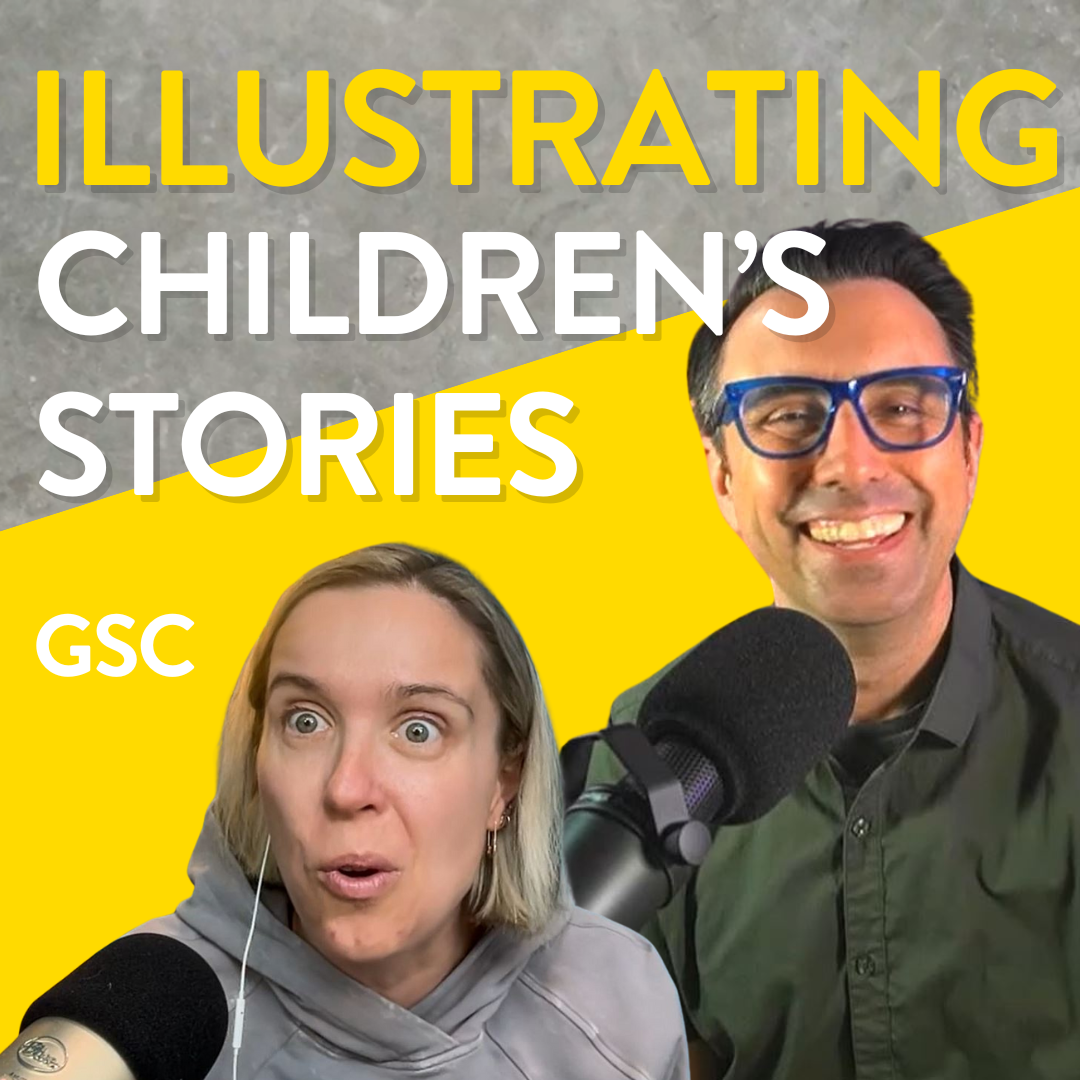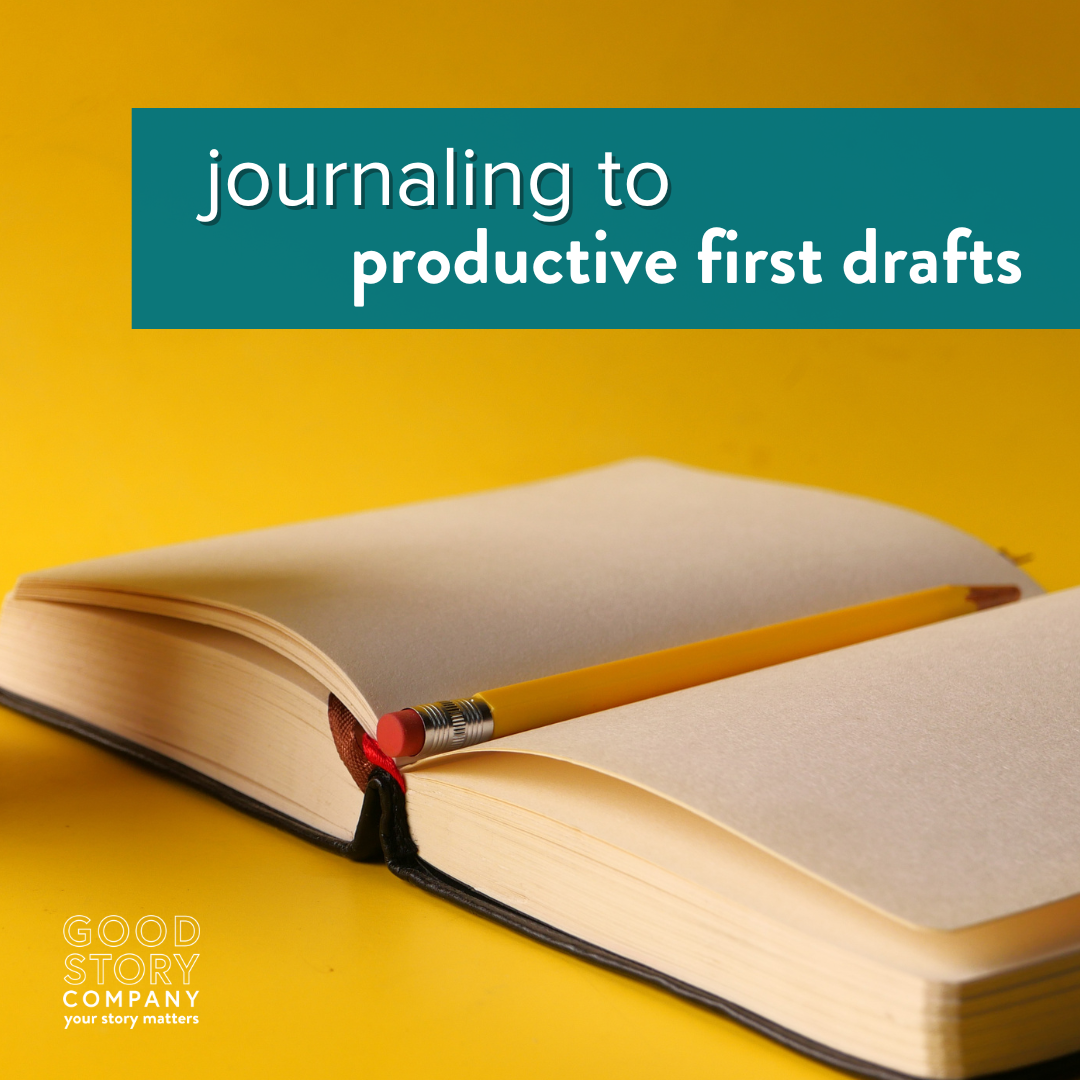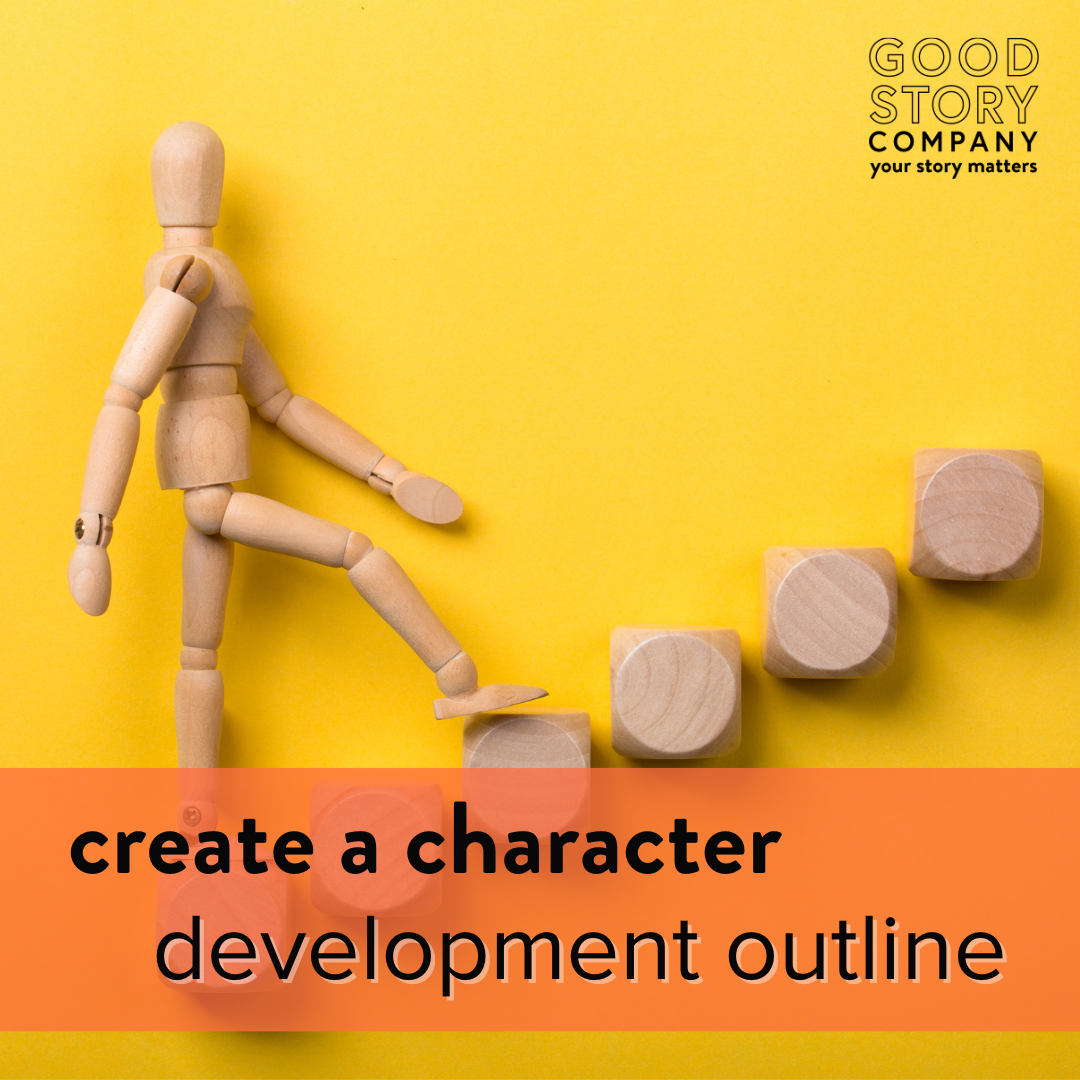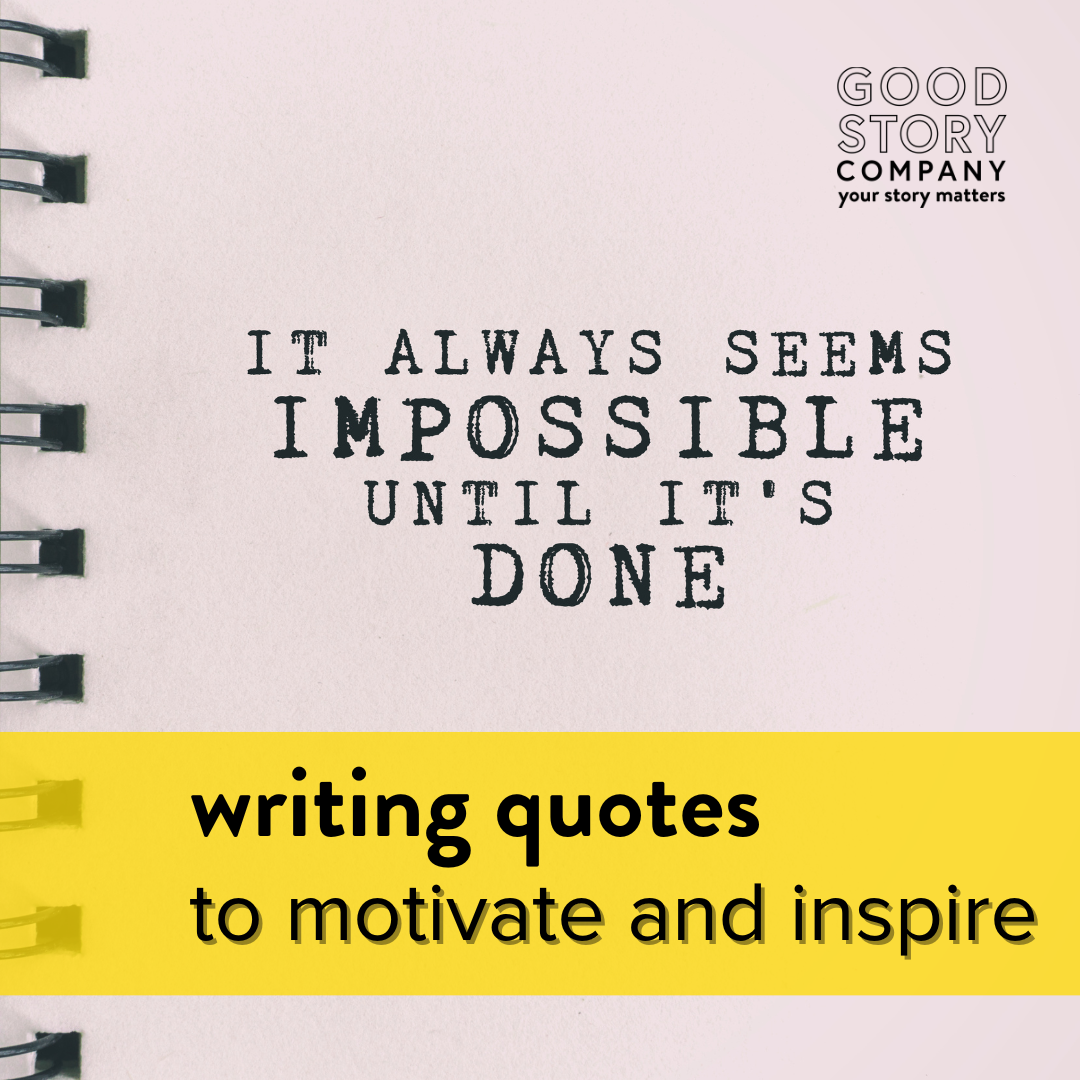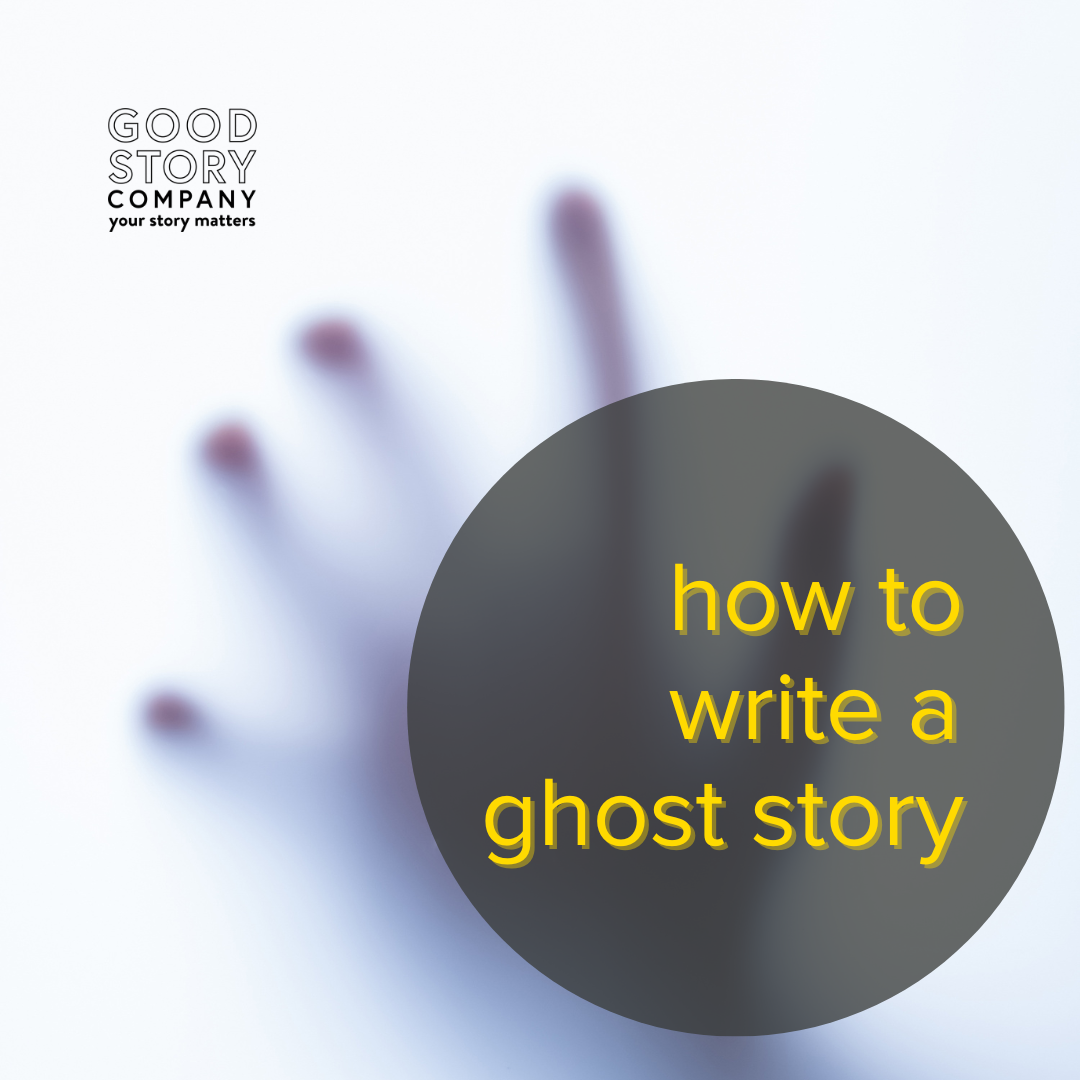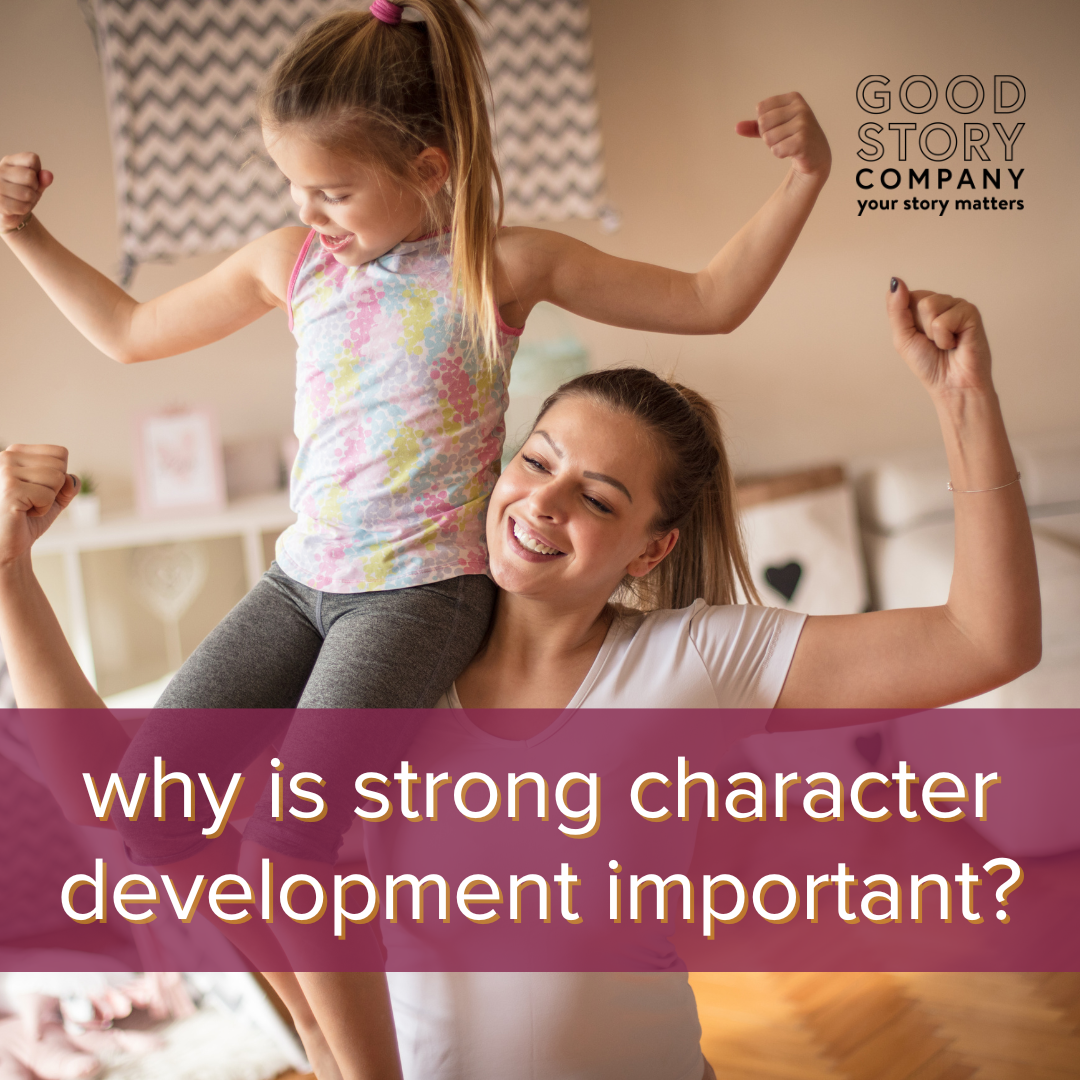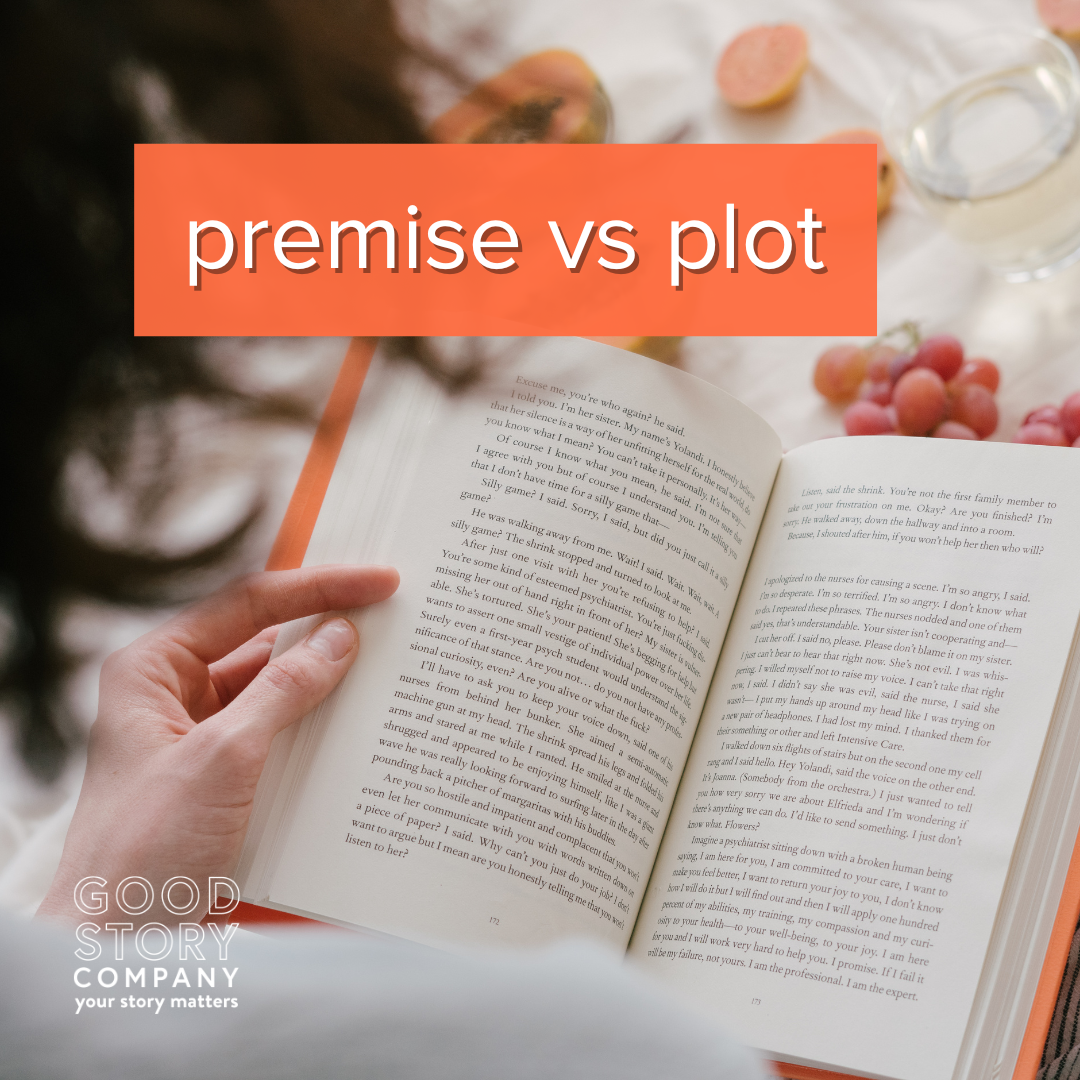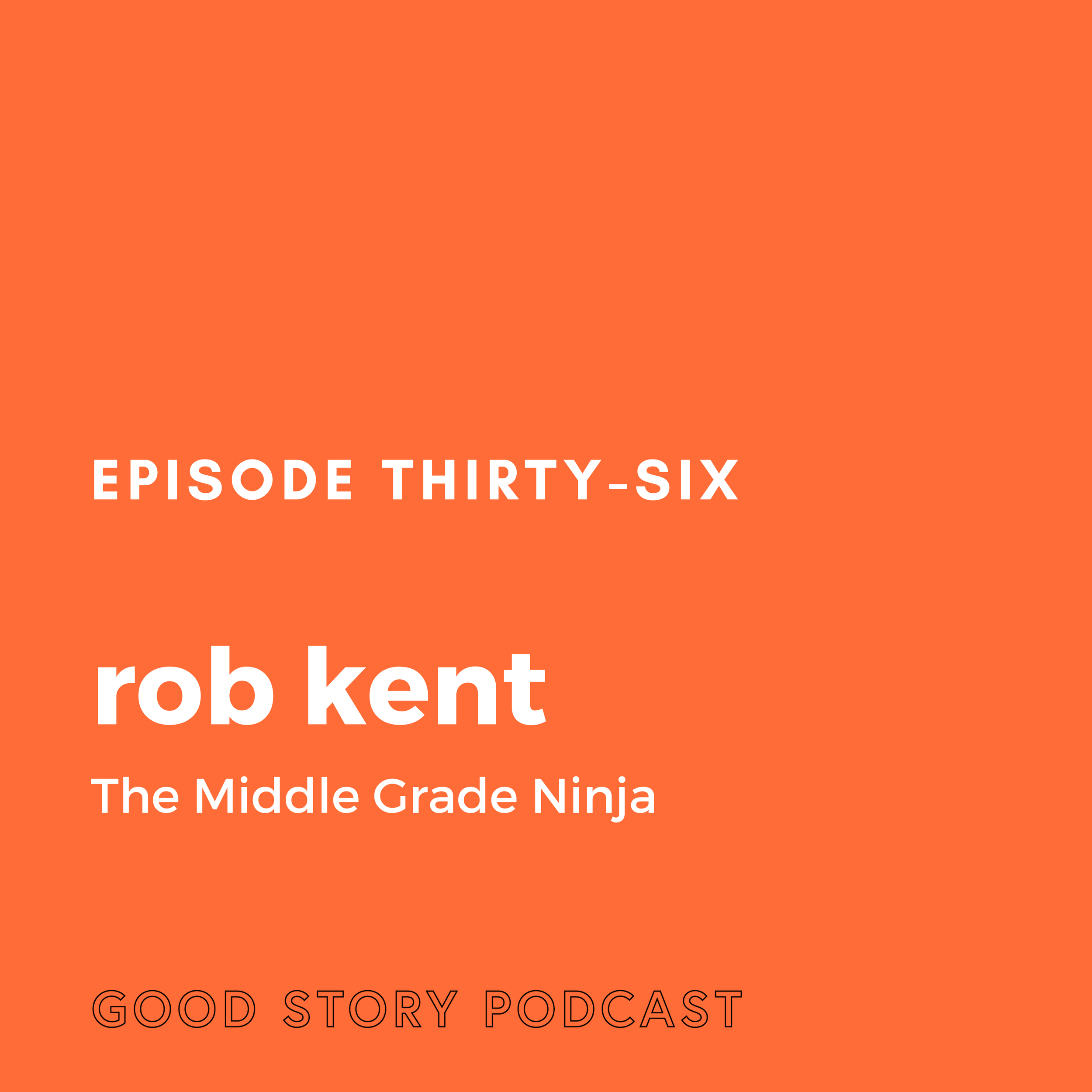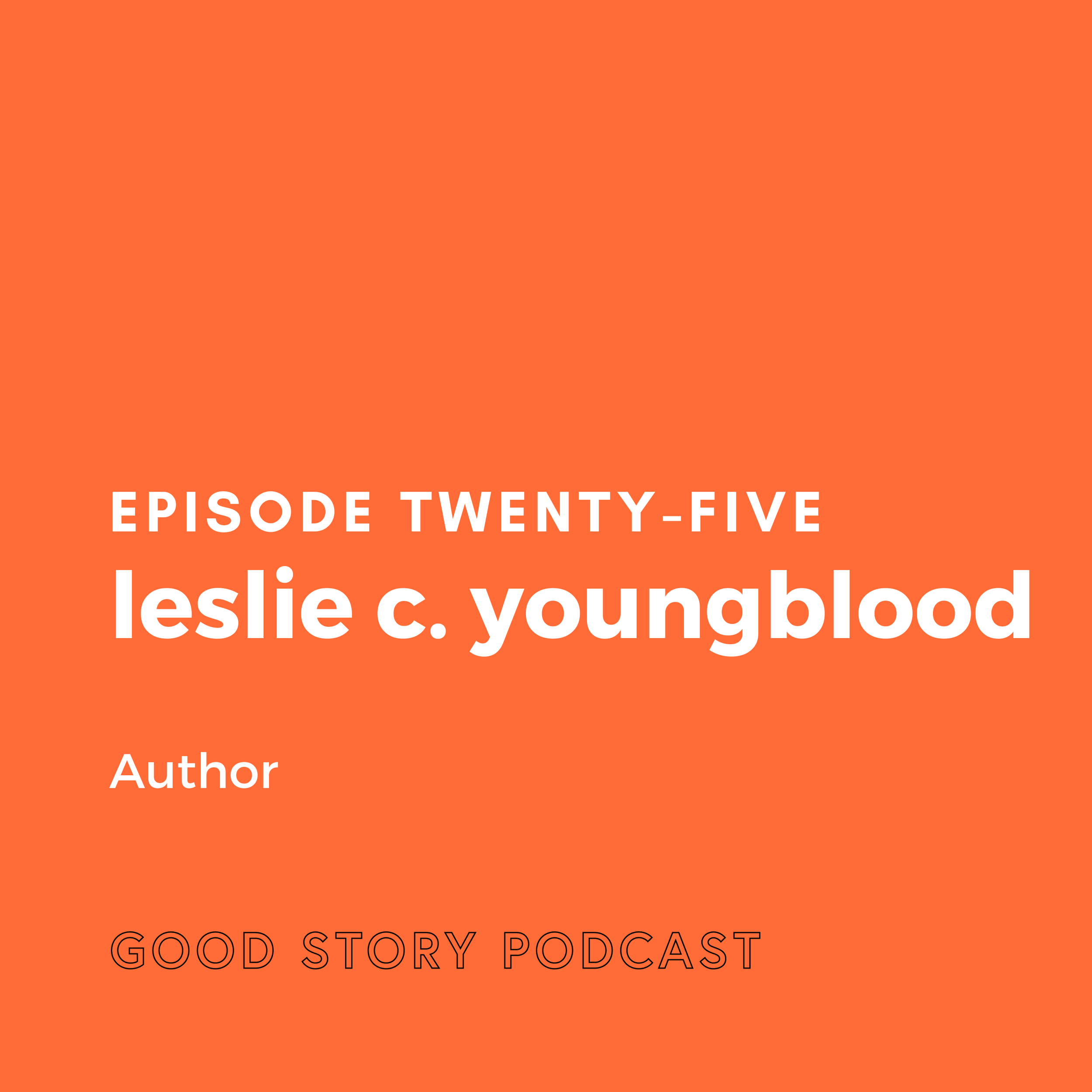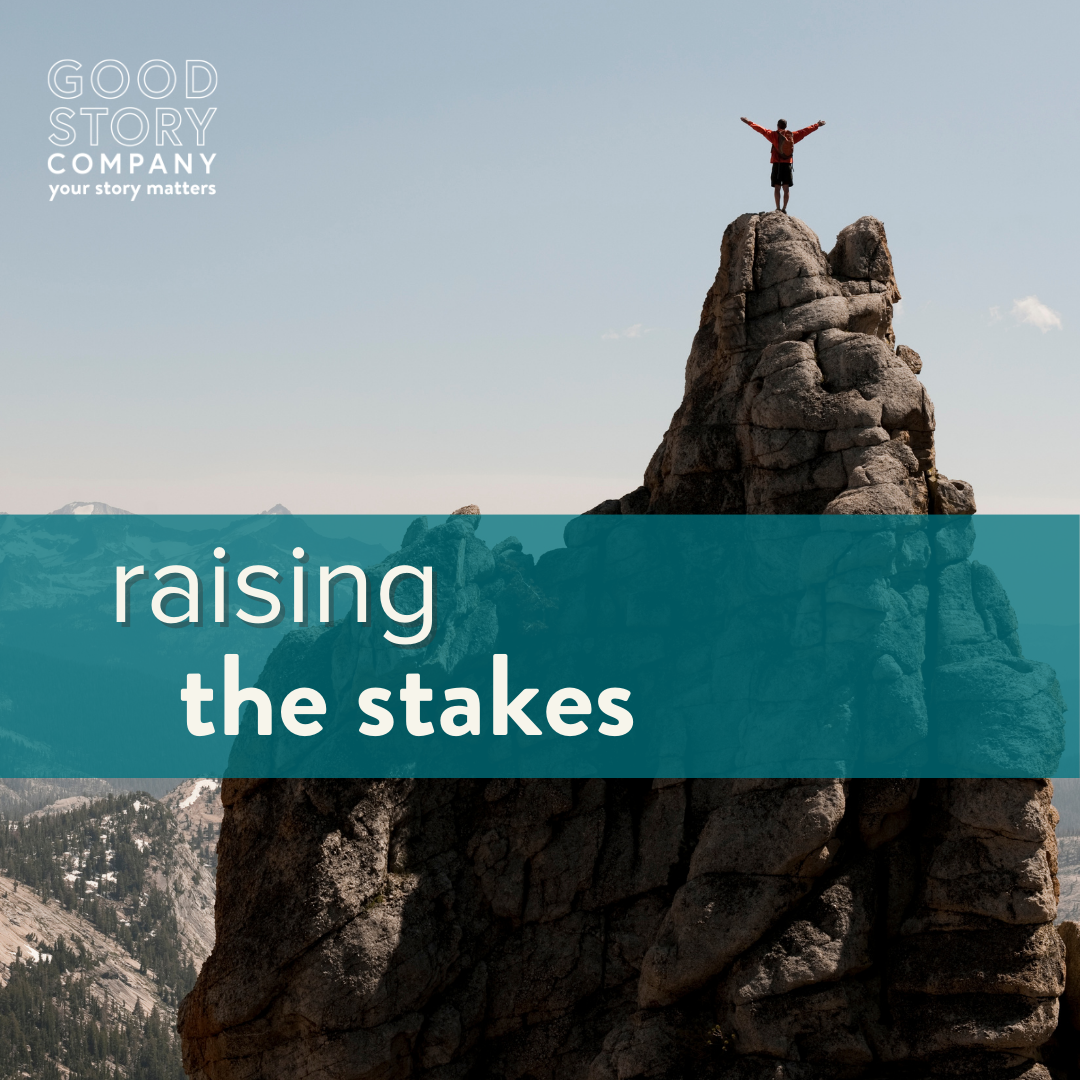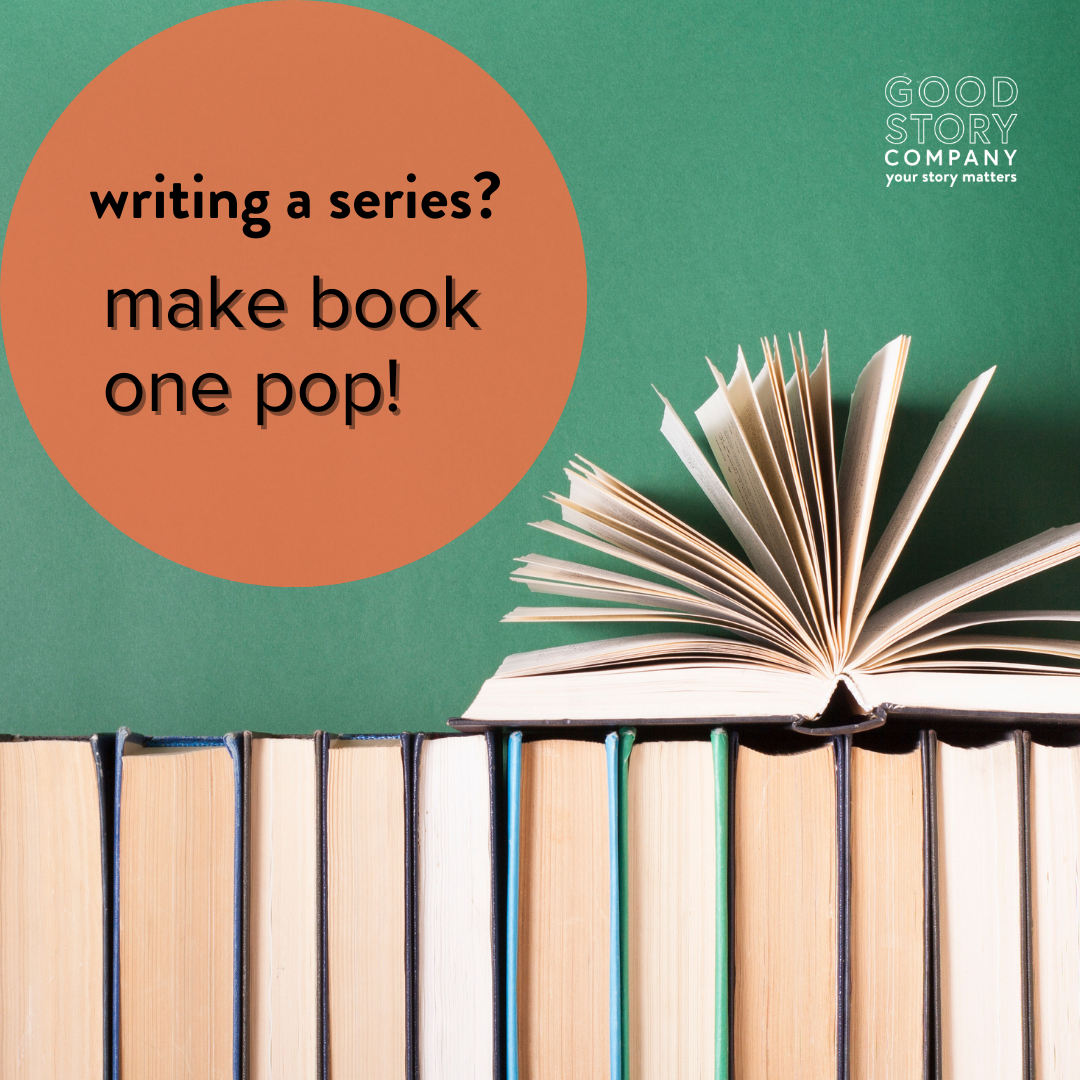
Episode 48: Niña Mata, Author-Illustrator
Children’s author-illustrator Niña Mata joins the Thriving Writers Podcast to chat about her publishing journey—from illustrating educational materials, working with Olympian athletes, to finally writing her own stories! Listen to hear Niña share some tips on what illustrators gravitate towards in manuscripts and ways writers can make the collaborative process smoother.
Story Physics: Reaction Beats
Newton’s third law says every action will have an equal but opposite reaction. This is true in stories, too … or at least it should be. How do we get to know characters, even as they flit from one conflict-ridden chase scene to the next? Through reaction beats.
Episode 41: Jarrett J. Krosoczka, NYT Bestselling Author/Illustrator
NYT bestselling author/illustrator Jarrett Krosoczka shares the challenges and gratifications of reaching across different age categories and the importance of illustrations in storytelling. Listen to hear his tips on writing within established franchises (like Star Wars), how to pivot a picture book idea into a graphic novel series, and memoir writing.
I’m Writing a Novel. Why Should I Bother with an Outline?
To outline or not? Writing projects start with a spark—a character, a scene, a what-if moment. But what happens from there?
Journaling to Productive First Drafts
In a world where life constantly competes for our time, we don’t have the luxury of writing twelve to fifteen drafts of something before we can say it’s done. We need to work smarter, not longer. We need to write productive first drafts.
How to Create a Character Development Outline
You’ve probably written a plot outline for your story, but have you written a character development outline? Here are some tips for developing character arc so your character development is as tight as your plot.
Writing Quotes To Motivate and Inspire
Pithy writing quotes can motivate and inspire with just a few words. We’ve put together some of our favorites to keep you motivated when the going gets tough.
How to Write a Ghost Story
Trick, treat, and keep the thrills and chills alive by learning how to write a ghost story. Here are some tips for crafting a spooky tale that’ll scare the socks off readers this Halloween season.
Choosing Character Names and Making Up Fantastic Words
Your character names and made-up words should add meaning to your story. Here are five tips for picking names and creating words that enhance your story world.
Why is Strong Character Development Important?
Strong character development arcs make better stories. Here are some tips on writing characters that readers will connect with and root for.
Using the Alternating Point of View
Depending on how an alternating point of view novel is handled, this choice can prove to be either a boon for the novel—a way to distinguish it from other similar ideas in the marketplace—or a confusing exercise in frustration for the reader. How can a writer use this format to strengthen their story rather than confuse their readers?
Premise Vs Plot
The concept of premise vs. plot is a common stumbling block for many writers. They’ll think they have a killer idea for a manuscript lined up, but when they sit down to write, the energy fizzles out partway through. Why isn’t a great idea enough?
Episode 36: Rob Kent, The Middle Grade Ninja
Rob Kent, author and host of the Middle Grade Ninja podcast, joins Mary Kole to talk about his illustrious publishing career and provides valuable insights and inspiration for aspiring writers. He discusses the importance of managing expectations for success in your writing career, as well as writing for your own personal happiness.
Writing Shy Characters
How do you write shy characters? Shy people often have rich inner worlds that are teeming with life; they’re just selective about who they let inside. Here are a few ways to help you show your shy character’s true nature.
Episode 25: Leslie C. Youngblood, Author
Leslie C. Youngblood shares her journey through her MFA program, gives tips on crafting interesting character relationships, and weighs in on one of the hottest questions for authors today: traditional or self-publishing?
Episode 23: Jonathan Auxier, Writer of Strange Stories for Strange Kids
NYT Bestselling young adult and middle-grade author Jonathan Auxier joins Mary Kole to discuss visual writing, worldbuilding, and how different media use dialogue to create action.
Raising the Stakes
Raising the stakes is a great way to sow tension in your story, and fear of failure is something everyone can relate to. The constant battle between running toward the goal while running away from the alternative will keep readers engaged and invested in your characters. Know how to identify your stakes and when to make them bigger.
How to Organize Your Writing
If you’re a beginning writer, you may be wondering how to organize your writing. Working on a novel means you’ll have lots of bits and pieces to keep track of: character and setting notes, plot outlines, reference photos, versions of your manuscript, notes to yourself, quotes and inspiration to keep you going when the going gets tough...yikes!
Writing a Series? Make Book One Pop!
Writing a series? You’ll want to pay special attention to making Book One pop. Getting that first book right, though, can be a tall order. Make sure to include the following elements for a captivating Book One.
Episode 7: Jessica Brody, Author and Writing Teacher
An interview with author and writing teacher Jessica Brody, where we discuss what makes a compelling story, how to apply story structure whether you're a plotter or pantser, and tackling large-scale revisions without ripping your hair out.



